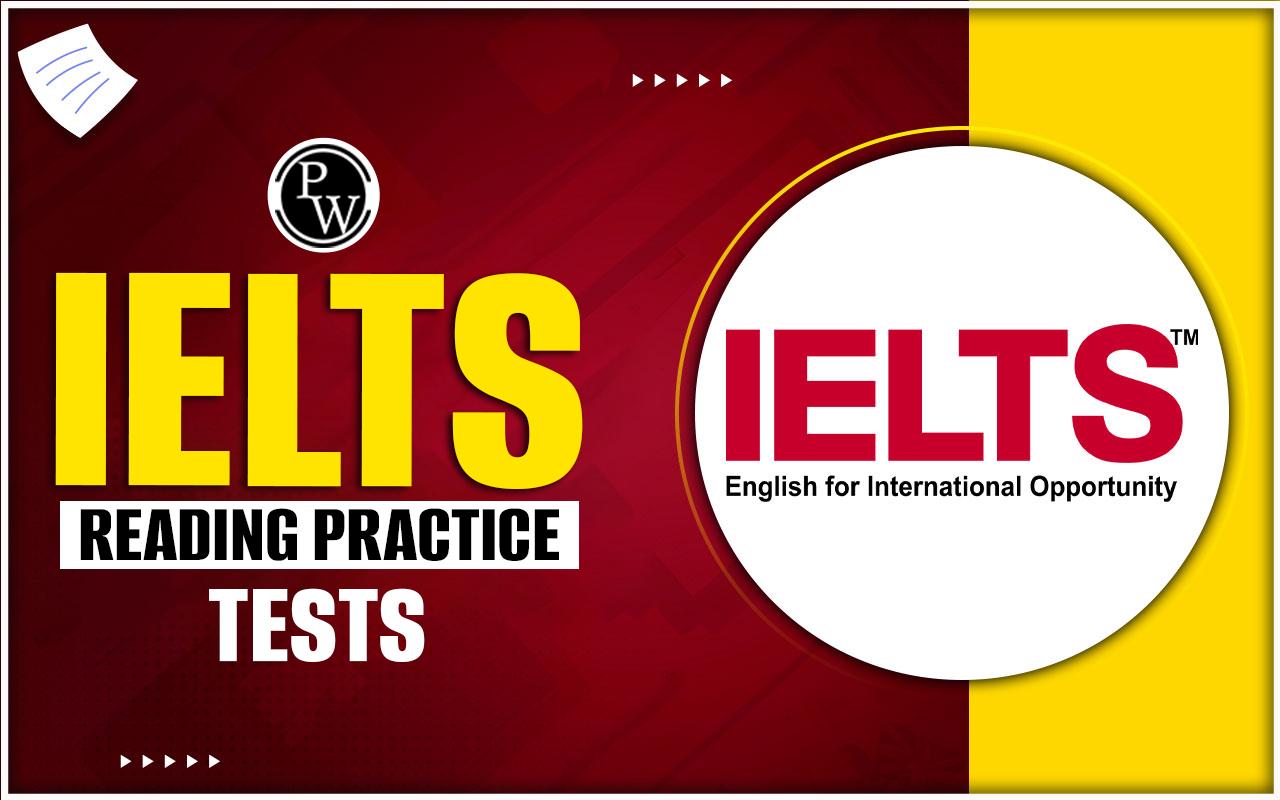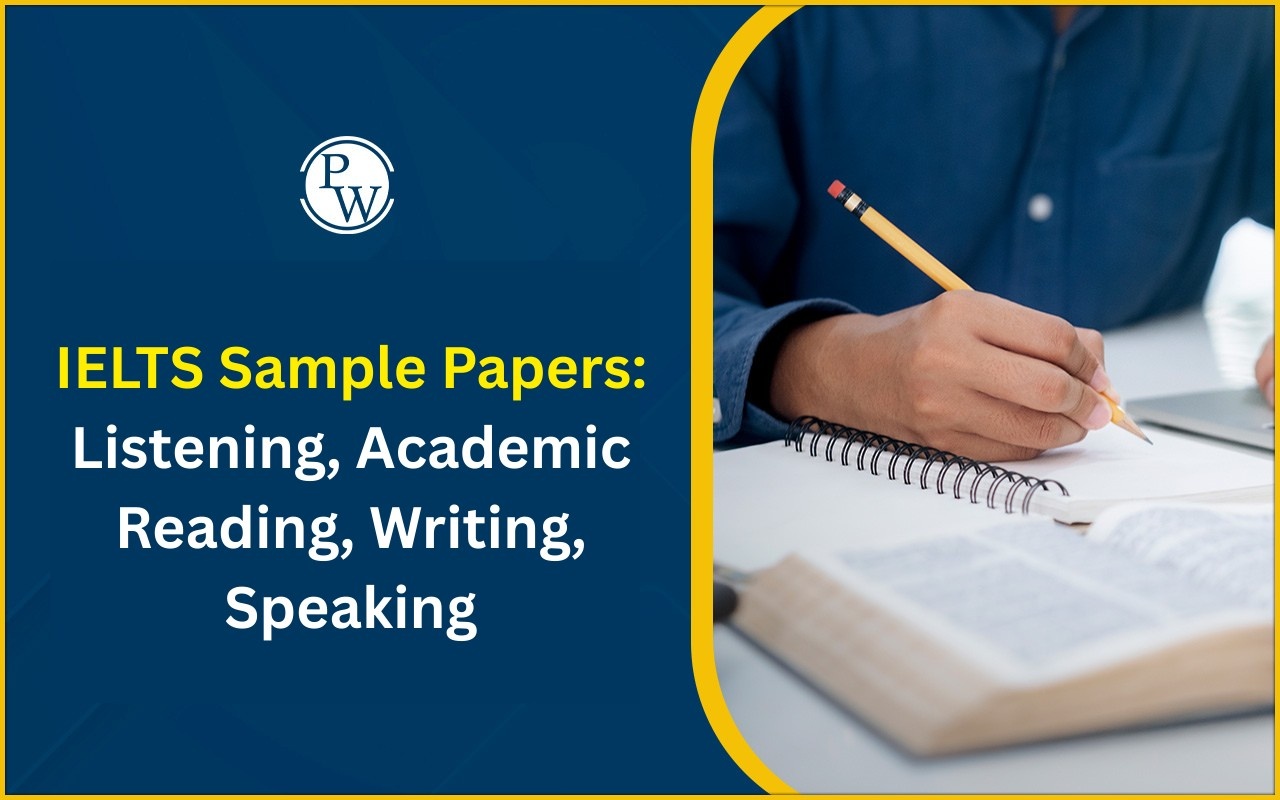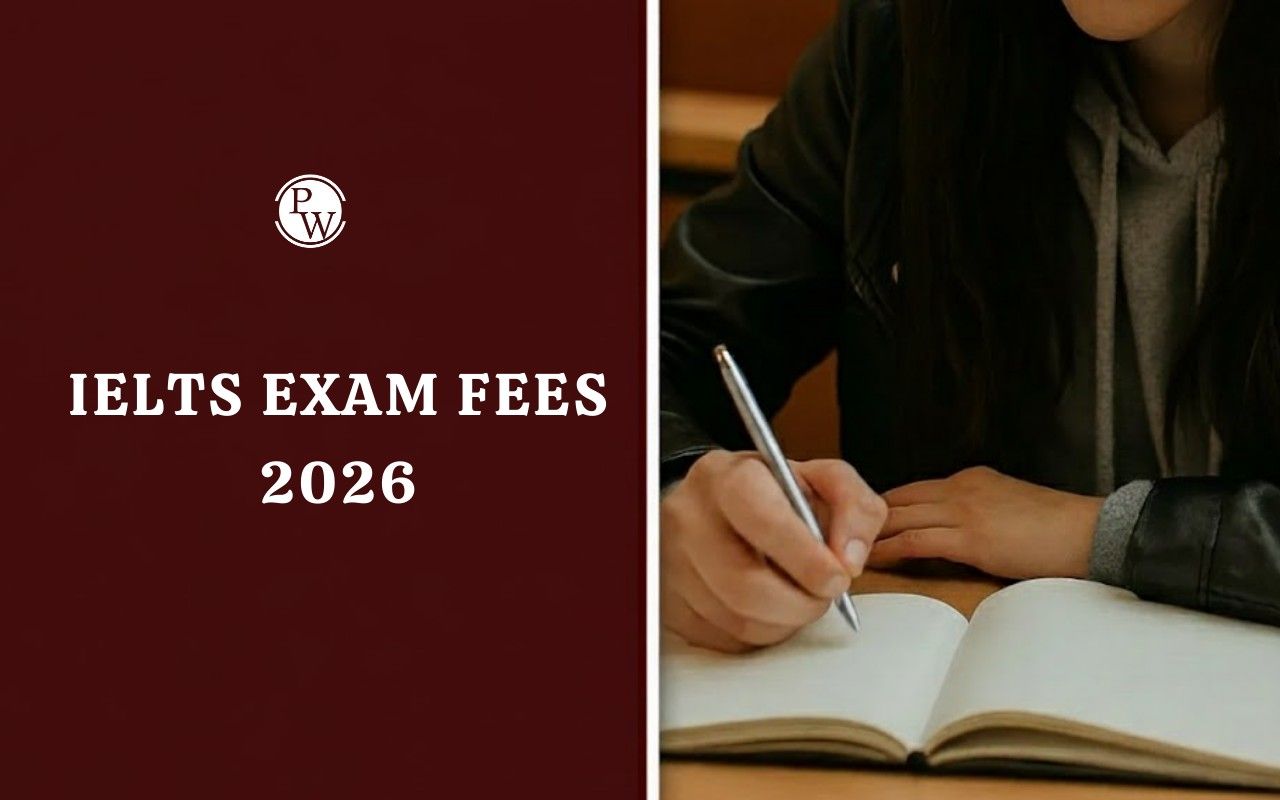
Tea and the Industrial Revolution IELTS Reading Answers: Tea and the Industrial Revolution is an important topic for the IELTS reading test. The “Tea and the Industrial Revolution IELTS Reading Answers” topic includes a total of 10 questions in two main formats: IELTS Matching Headings and IELTS True/False/Not Given.
Solving these sample questions can help you to get a better understanding of the “Tea and the Industrial Revolution IELTS Reading Answers” topic and help you achieve a better IELTS band score . Read the article till the end to practice IELTS reading test samples, model answers, and tips and tricks to solve them.Free IELTS Reading Practice Tests, Cambridge Sample Test PDF
Tea and the Industrial Revolution IELTS Reading Answers Passage
You should spend about 20 minutes on Questions 1-10 based on the Passage below.Tea and the Industrial Revolution
1. Cambridge, King’s College anthropological science professor Alan Macfarlane, has spent 10 years struggling with the mystery of the Industrial Revolution like other historians. The particular boom and changing birth of industry occur in Britain-why is it? And why did the bang at the end of the 18th century? 2. Macfarlane collates and contrasts the puzzle to a blend lock. He says, ' There were about 20 different factors and it all needed to be present for revolution to happen’. To take off the industry, the technology and the power should be needed to drive factories, huge urban residents to supply inexpensive toil, easy fetch to move goods around, a wealthy middle-class wish to buy bunch produced items, a market-operate wealth and a governmental system that permits this to occur. while this was the occurrence for England, other nations, such as Japan, France, and the Netherlands, have met some of this basis but were not industrializing. All these elements should have been compulsory. But not adequate to originate the revolt, says Macfaelane. ‘After all, Holland had everything excluding coal while China also had numerous of these elements. Most historians are persuaded there are one or two misplaced elements that you have to open the lock.’ 3. The misplaced elements, he came up with, are to be begun in nearly every kitchen depository. Tea and beer are the nation’s dearest drinks, which powered the revolution. The medicated belongings of tannin, the active factor in tea and of bound in beer- plus the reality that tea and beer are made with boiled water- permit urban groups to prosper at close regions without succumbing to cholera such as diarrhea. The hypothesis sounds unconventional but once he begins to describe the investigator's work that went into his deduction, the disbelief gives way to caution. Macfarlane's case has been nourished by hold-up from remarkable quarters- Roy Porter, the eminent medical chronicler recently wrote a favorable assessment of his research. 4. Macfarlane had thought about for ages how the commercial rebellion came about. Histograpers had dismounted on one absorbing element all over the mid-18th century that needed clarification. In the middle of about 1650 and 1740, the number of residents in Britain was unchanged. But then there was a crack in population extension. Macfarlane says: ‘ The newborn impermanence rate halved in the expanse of 20 years, and this occurred in both rural and urban areas, and over all classes. People propose four viable sources. Was there an immediate swap in the germ and bacteria around? Improbable. Was there a rebellion in medical science? But this was a hundredfold before Lister’s revolution*. Was there a swap in an eco-friendly situation? There were developments in agriculture that cleaned out malaria,b ut these were tiny gains. cleanliness did not become general till the 19th century. The only choice left is food. But the height and weight stats appear to diminish. So the food must have gotten bad. Attempts to describe this immediate depletion in child passing seem to draw a blank. 5. This resident’s crack looked to occur at just the correct time to severe toil for the factory revolution. ‘ When you begin in motion about an industrial rebellion, it is inexpensively active to have people living near jointly,’ says Macfarlane. ‘But then you get sickness, especially from human waste.’ Some digging all over ancient data revealed that there was a swap in the occurrence of cholera at that time, particularly diarrhea. Macfarlane assumed that whatever the British were swallowing must have been chief in controlling illness. He says, ‘We swallow beer. For a long time, the English were secured by the powerful antibiotic agent in hops, which were attached to help protect the beer. But in the late 17th hundredfold a tax was initiated on malt, the fundamental element of beer. The poor turned to water and gin and in the 1720s the impermanence rate started to increase again. Then it immediately let fall again. What caused this?6. Macfarlane glanced at Japan, which was also enlarging large cities at the same time, and also had no cleanliness. Cholera had a greater loser clutch on the Japanese residents than those in Britain. Could it be the generality in their culture? Macfarlane then stated that the history of tea in Britain served an amazing serendipity of dates. Tea was almost costly until Britain started a straight dipper dealing with China in advance of the 18th century. By the 1740’s regarding the time that newborn impermanence was dipping the drink was usual. Macfarlane estimated that the fact that water had to be boiled, jointly with the stomach-distillation belongings that the breast milk served by mothers was fitter than it had ever been. No other European country sipped tea like the British, which by Macfarlanes logic, pressed these other nations out of dispute for the revolution.
7. Yet, if tea is a part of the blend lock, why wasn’t Japan forge leading in a tea-immersed factory rebellion of its own? Macfarlane records that although 17th-hundredfold Japan had large cities, high learning rates, and even a time ahead market, it had revolved its rear on the soul of any work-based revolution by allowing up-toil-saving implements such as animals, frightened that they would lay people out of work. So, the country that we at present think of as one of the bulk high-tech advances set foot in the 19th hundredfold has ‘ deserted the wheel’.Tea and the Industrial Revolution IELTS Reading Answers Sample Question
Tea and the Industrial Revolution IELTS Reading Answers: IELTS Matching Headings (Q. 1-6) Match the following headings to the paragraphs (A-F).1. The significance of tea and beer in combating diseases. 2. The role of British trade in popularizing tea. 3. Why Japan missed its opportunity for an industrial revolution. 4. Key conditions needed for the Industrial Revolution. 5. The unexpected population growth in Britain and its implications. 6. Why food alone cannot explain the decline in child mortality.
Tea and the Industrial Revolution IELTS Reading Answers: IELTS True/False/Not Given (Q. 7-10) Determine whether the following statements are True, False, or Not Given based on the passage.7. The Industrial Revolution required only technology and urbanization to occur. 8. The introduction of tea in Britain helped reduce child mortality rates. 9. Japan avoided industrialization to protect its workforce. 10. Cholera outbreaks in Britain declined due to advancements in medical science during the 18th century.
| IELTS Exam Important Links | |
|---|---|
| IELTS Reading Band Score | IELTS Listening Band Score |
| IELTS Speaking Band Score | IELTS Writing Band Score |
Tea and the Industrial Revolution IELTS Reading Answers with Explanation
1. The significance of tea and beer in combating diseases Answer : Paragraph B Explanation : Paragraph B discusses how tea and beer play important roles in reducing diseases like cholera and diarrhea due to their medicinal properties and use of boiled water in the aking process. 2. role of British trade in popularizing tea Answer : Paragraph E Explanation : Paragraph E discusses how the direct trading of tea by Britain with China reduces the price of tea. Also, how widespread consumption of tea around the 1740s helped reduce child mortality rates. 3 Why Japan missed its opportunity for an industrial revolution Answer : Paragraph F Explanation : Paragraph F explains how Japan missed the Industrial Revolution due to its deliberate avoidance of adopting labor-saving tools and fearing unemployment. 4 Key conditions needed for the Industrial Revolution Answer : Paragraph A Explanation : Paragraph A mentions about 20 factors identified by Macfarlane as necessary for the Industrial Revolution. Some factors include technology, urbanization, transportation, and governance. 5. The unexpected population growth in Britain and its implications Answer : Paragraph C Explanation : Paragraph C sheds light on the sudden drop in infant mortality rates. Also, how population growth created a labor force for the Industrial Revolution. 6. food alone cannot explain the decline in child mortality Answer : Paragraph D Explanation : Paragraph D describes how due to the reduced food quality a decline in height and weight is observed as food is a potential factor for growth. 7. The Industrial Revolution required only technology and urbanization to occur. Answer : False Explanation : The passage describes the need for 20 factors, including governance, trade, and consumer demand identified by Macfarlane, and how technology and urbanization were necessary but not sufficient. 8. The introduction of tea in Britain helped reduce child mortality rates. Answer : True Explanation : Paragraph E describes how widespread consumption of tea, as boiling water reduced the spread of diseases and improved the quality of breast milk reducing the overall child mortality rates. 9. Japan avoided industrialization to protect its workforce. Answer : True Explanation : Paragraph F mentions how Japan used forgo labor-saving tools, such as the wheel, to prevent unemployment among its population. 10. Cholera outbreaks in Britain declined due to advancements in medical science during the 18th century. Answer : False Explanation : Paragraph C explicitly dismisses medical advancements as a cause, noting that such progress only came with Lister’s innovations much later. The decline is instead attributed to other factors like the consumption of tea and beer.| IELTS Exam Important Links | |
|---|---|
| IELTS Reading Band Score | IELTS Listening Band Score |
| IELTS Speaking Band Score | IELTS Writing Band Score |
Tips for Answering Tea and the Industrial Revolution IELTS Reading Answers
| Tips for IELTS Matching Headings | Tips for True/False/Not Given | General Tips for IELTS Reading |
|---|---|---|
| Skim the passage | Carefully read the statement | Manage time effectively |
| Focus on the main idea | Focus on the implied meaning | Understand the question types |
| Look for synonyms | Scan for keywords | Practice regularly |
| Eliminate incorrect options | Distinguish between False and Not Given | Highlight important points |
How to Manage Time in IELTS Reading
Guidance of PW IELTS
Physics Wallah offers a few popular online IELTS courses for all students. Follow the latest IELTS articles to better prepare for the exam.| IELTS Exam Other Related Links | |
|---|---|
| IELTS Registration | IELTS Eligibility Criteria |
| IELTS Exam Pattern | IELTS Syllabus |
| IELTS Exam Dates | IDP IELTS Test Centers |
Tea and the Industrial Revolution IELTS Reading Answers FAQs
Q. How do I differentiate between False and Not Given?
Q. Why is skimming important for IELTS Reading?
Q. What role does tea play in the Industrial Revolution?
Q. How should I prepare for IELTS Reading passages?










